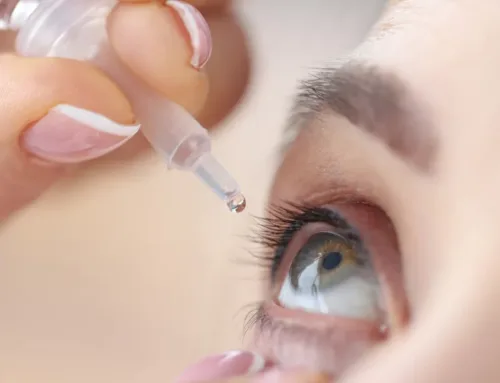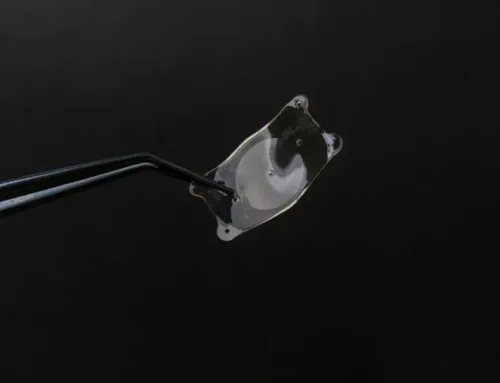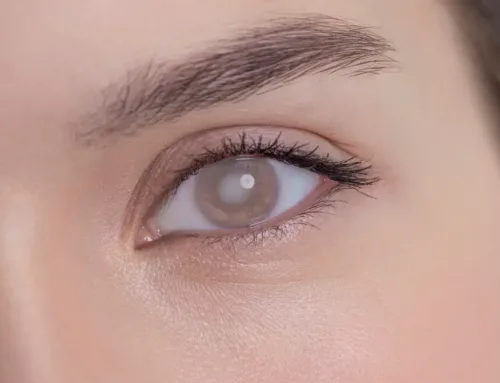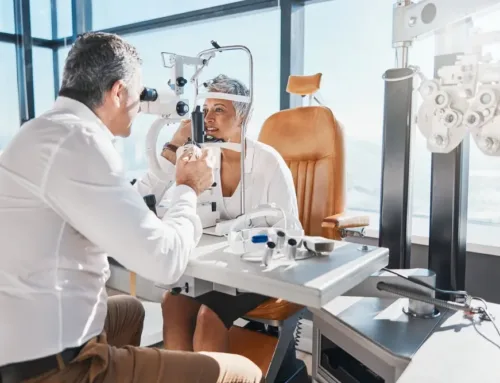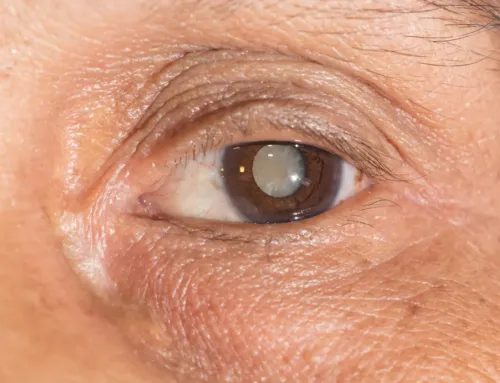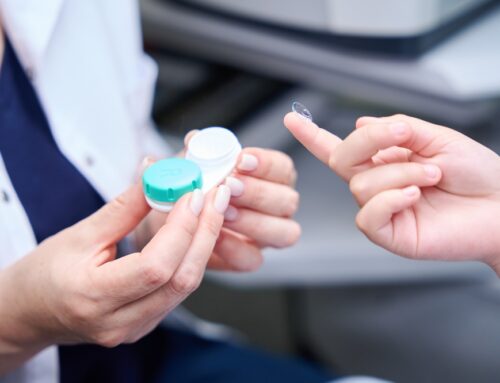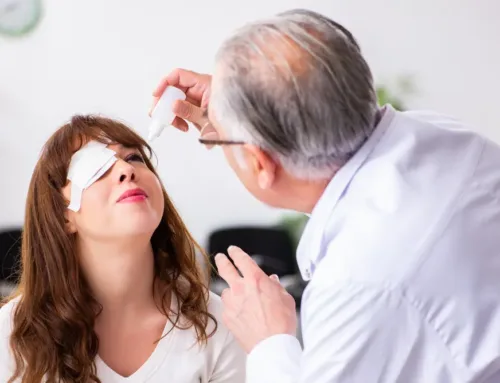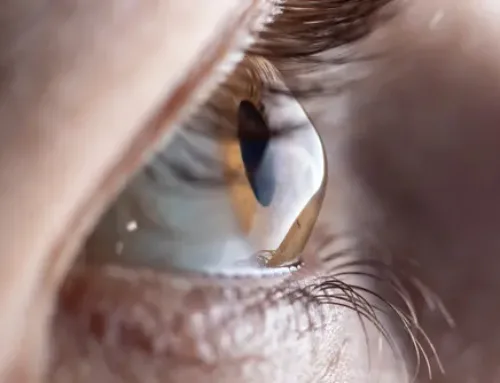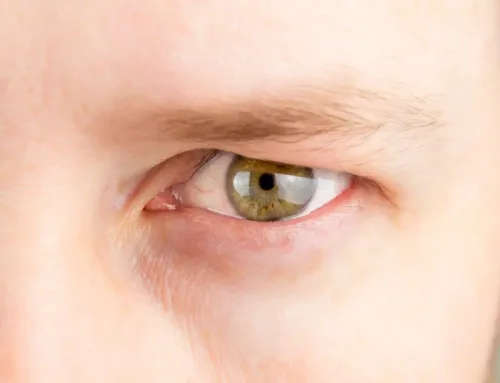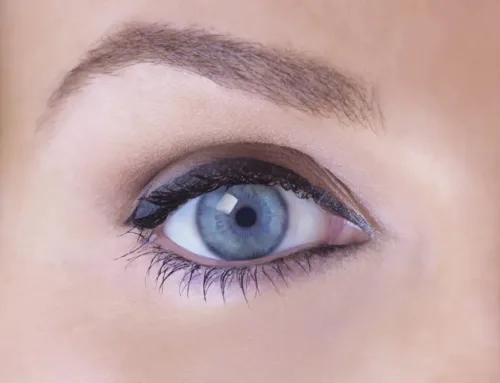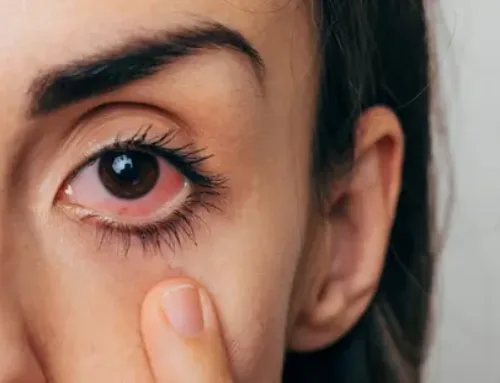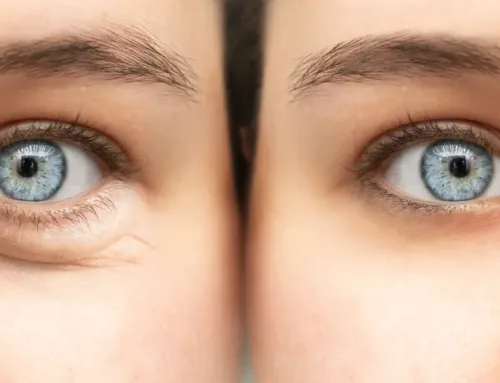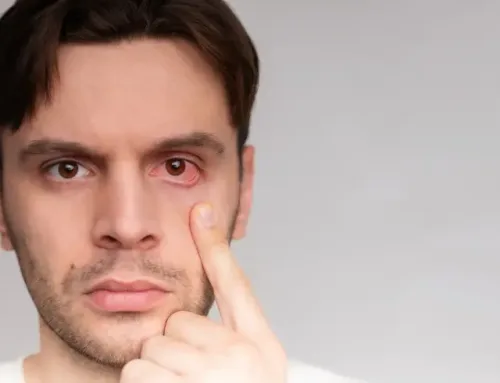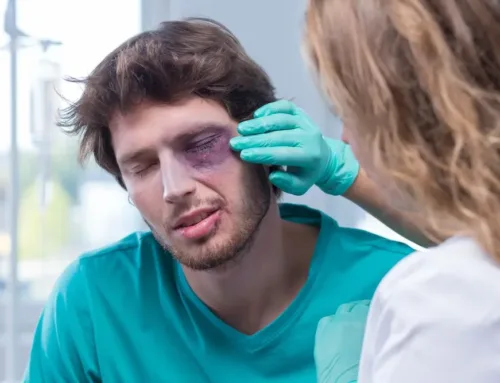Recurrent corneal erosion syndrome (RCES) is a condition that affects the cornea, the transparent front part of the eye. The cornea plays a crucial role in focusing light onto the retina, allowing us to see clearly. However, in individuals with RCES, the cornea is prone to repeated episodes of damage. The cornea has a unique structure, consisting of several layers that work together to maintain its integrity. In RCES, the outermost layer, known as the epithelium, becomes weak and easily detached from the underlying layers. This detachment causes intense pain and discomfort, often described as a feeling of something gritty or sandy in the eye.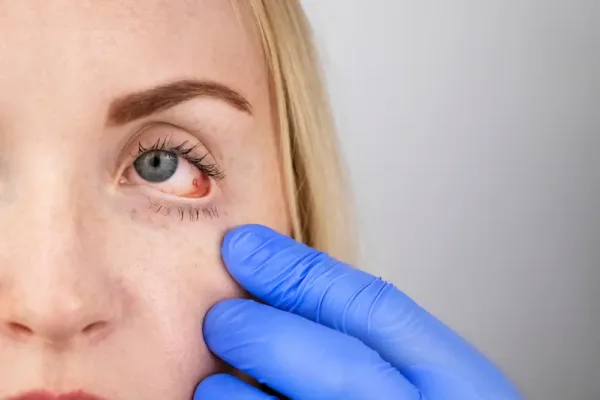
Causes And Risk Factors Of Recurrent Corneal Erosion Syndrome
There are several factors that can contribute to the development of RCES. One of the primary causes is a previous corneal injury, such as a scratch or trauma to the eye. These injuries can disrupt the normal adhesion between the epithelium and the underlying layers, making the cornea more susceptible to erosion.
Other risk factors for RCES include certain underlying conditions, such as corneal dystrophies, which are inherited disorders that affect the structure of the cornea. Additionally, individuals with dry eye syndrome, which is characterized by insufficient tear production or poor tear quality, are also at an increased risk of developing RCES.
Symptoms Of Recurrent Corneal Erosion Syndrome
The hallmark symptom of RCES is recurrent episodes of corneal pain. These episodes can be triggered by various factors, such as rubbing the eyes, waking up from sleep, or exposure to dry environments. The pain is often described as sharp, stabbing, or burning, and can last for several hours to days.
In addition to pain, individuals with RCES may also experience blurred vision, sensitivity to light, excessive tearing, and a foreign body sensation in the eye. These symptoms can significantly impact daily activities and quality of life.
Treatment Options For RCES
In many cases, RCES can be managed with conservative treatment options. One of the most common approaches is the use of lubricating eye drops or ointments to keep the cornea moist and reduce friction between the eyelid and the eye surface. These lubricants can help prevent the detachment of the epithelium and promote healing.
Another conservative treatment option is the use of specialty contact lenses. These specially designed lenses can protect the cornea and provide a smooth surface for the eyelid to glide over, reducing the risk of further erosion.
In some cases, medications may be prescribed to help manage RCES. These can include topical antibiotics or anti-inflammatory drugs to prevent infection and reduce inflammation. Additionally, certain ophthalmic ointments or gels may be used to promote corneal healing and strengthen the adhesion between the layers.
In more severe cases of RCES, ophthalmologic treatments such as anterior stromal puncture or phototherapeutic keratectomy may be recommended. These procedures aim to create small channels or remove a thin layer of the cornea to promote healing and reduce the risk of recurrent erosions.
If conservative and ophthalmologic treatments fail to provide relief, surgical interventions may be considered. One common surgical procedure for RCES is called anterior stromal micropuncture. This involves creating tiny punctures in the cornea to promote the growth of healthy epithelial cells and improve adhesion.
Navigating RCES Effectively
Recurrent corneal erosion syndrome can be a debilitating condition that significantly affects the quality of life for those affected. It is important to seek prompt medical attention if you experience symptoms of RCES, as early diagnosis and treatment can help prevent further damage and manage the condition effectively.
If you suspect that you may have recurrent corneal erosion syndrome, contact Treasure Coast Eye Specialists. We can provide a proper diagnosis and recommend the most appropriate treatment plan to alleviate your symptoms and protect the health of your cornea, visit our office in Port St. Lucie or Stuart, Florida. Call 772-400-2400 or 772-286-0007 to schedule an appointment today.


